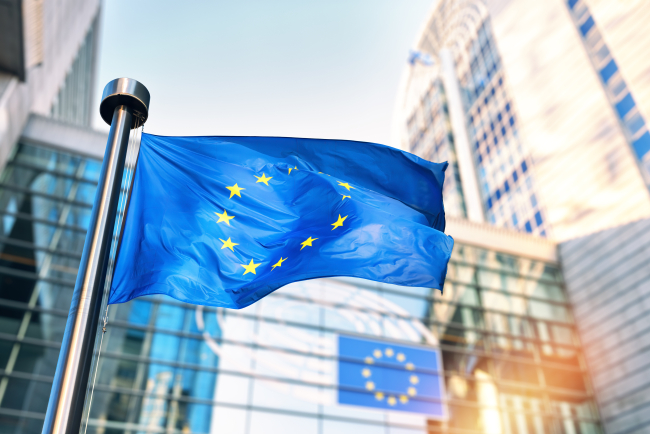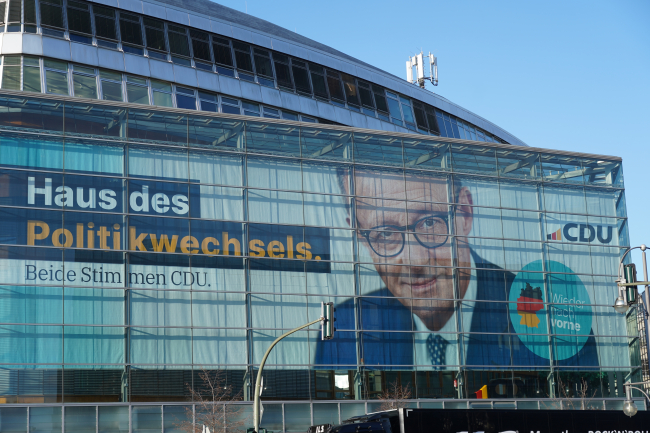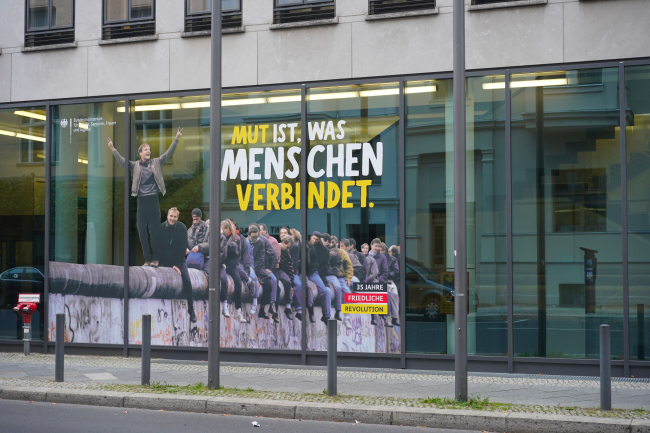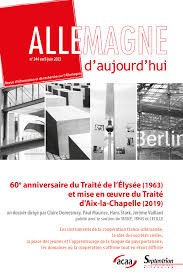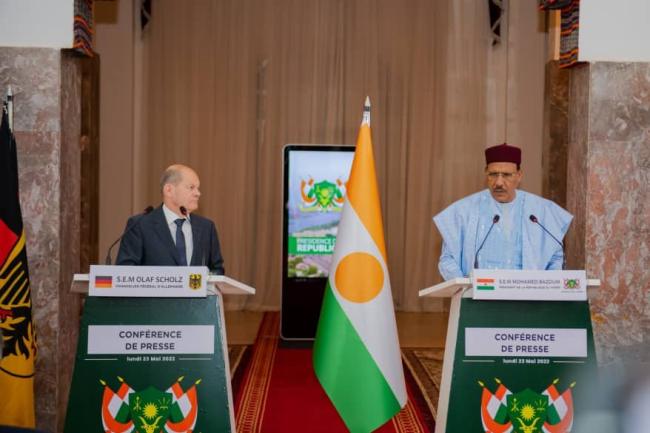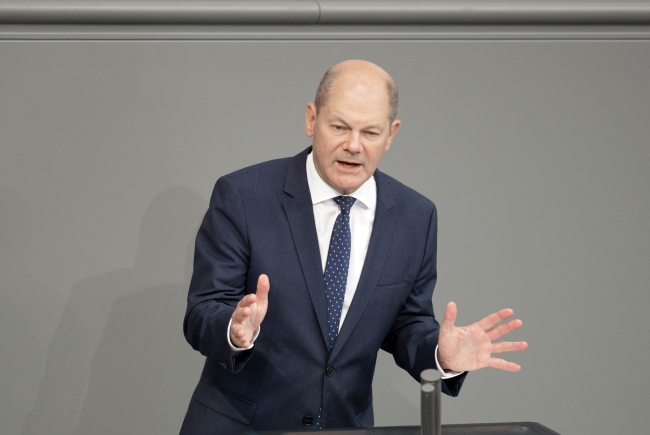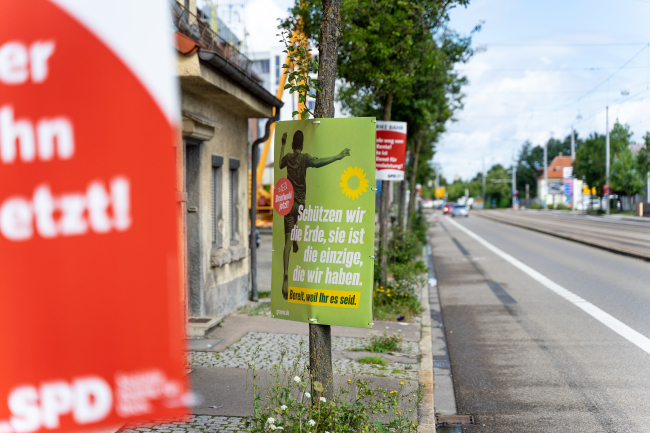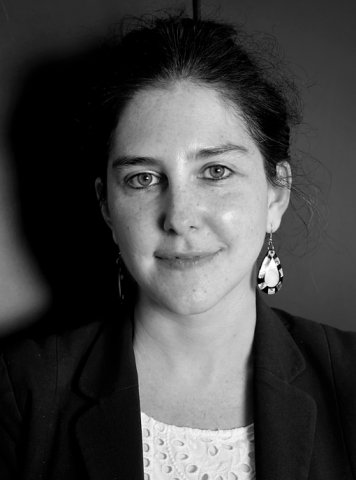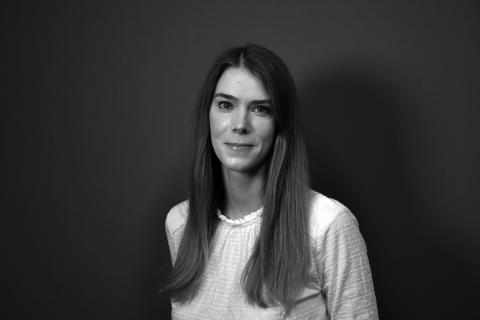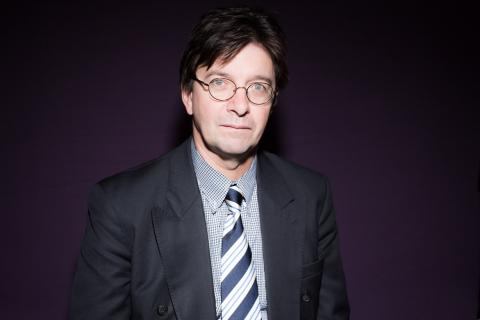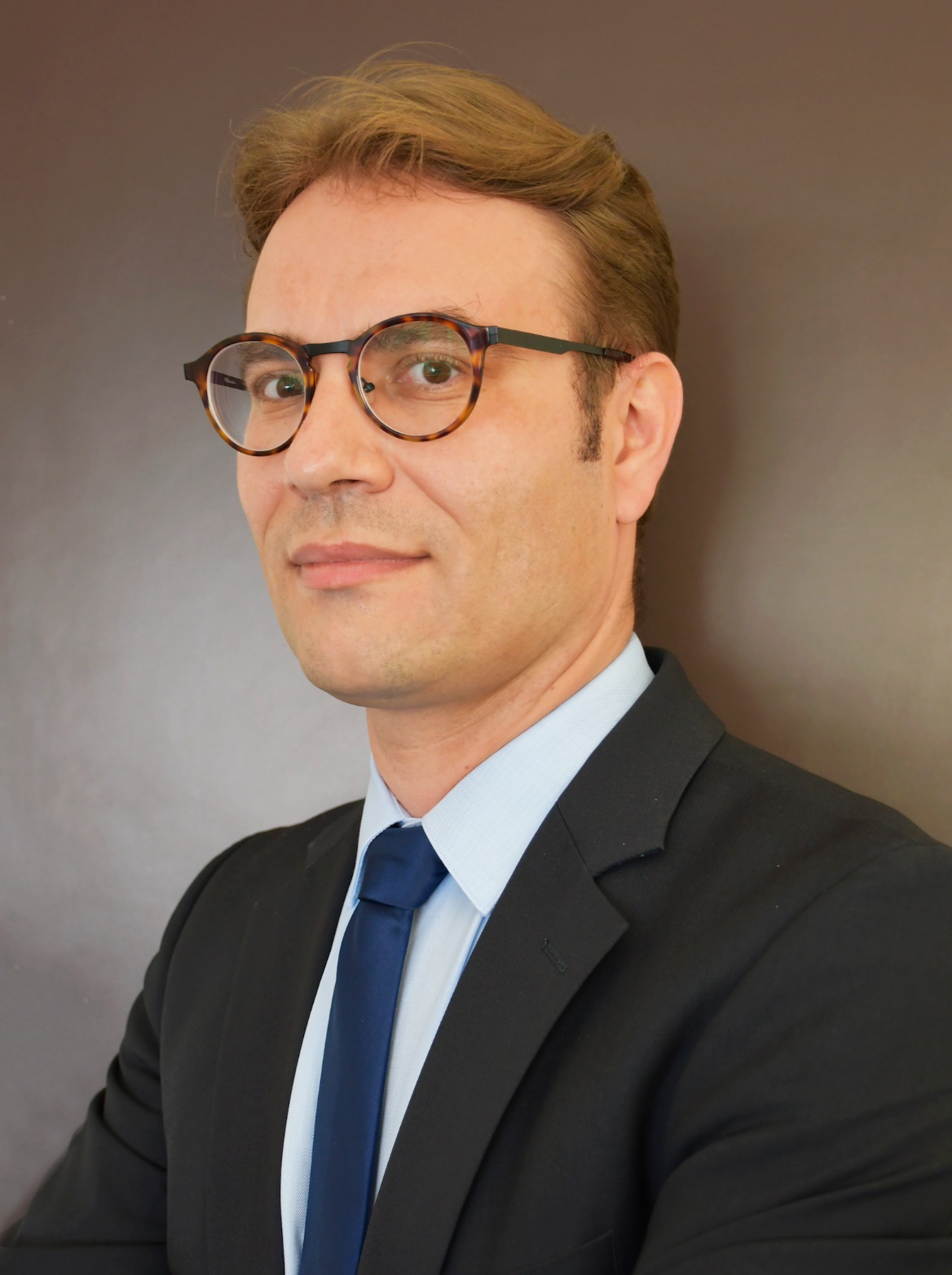
Prénom de l'expert
Paul
Nom de l'expert
MAURICE
Secretary General of the Study Committee on Franco-German Relations (Cerfa), Ifri
Research Interests:
- German domestic politics, political parties and electoral geography in Germany
- Germany on the world stage
- Foreign and Security Policy of the Federal Republic of Germany
- French-German relations and of European Integration

The Study Committee on Franco-German Relations (Cerfa)
View morePaul Maurice has been Secretary General of The Study Committee on Franco-German Relations (Cerfa) since September 2024. He was Head of the Unit for Germany, Alpine and Adriatic Europe at the European Union Direction of the Ministry of Europe and Foreign Affairs from September 2022 to August 2024. He was previously a Research Fellow at Cerfa at the French Institute of International Relations (Ifri) from March 2020 to August 2022, where he worked particularly on issues of German domestic policy and Franco-German relations within the framework of European integration.
Paul Maurice studied contemporary history and international relations at the University of Paris-Sorbonne and the Freie Universität of Berlin and holds a Master’s degree in Contemporary History (specializing in Germanic worlds) from the University of Paris-Sorbonne in 2015. His doctoral research in contemporary history at Sorbonne University, conducted under joint supervision with the Universität des Saarlandes and within the framework of UMR Sirice (Sorbonne, Identities, International Relations, and Civilizations of Europe), focuses on East Germany.
He also teaches at Sciences Po as part of the Master of the School of Public Affairs. He is a member of the editorial board of the journal Allemagne d'aujourd'hui.
See more







